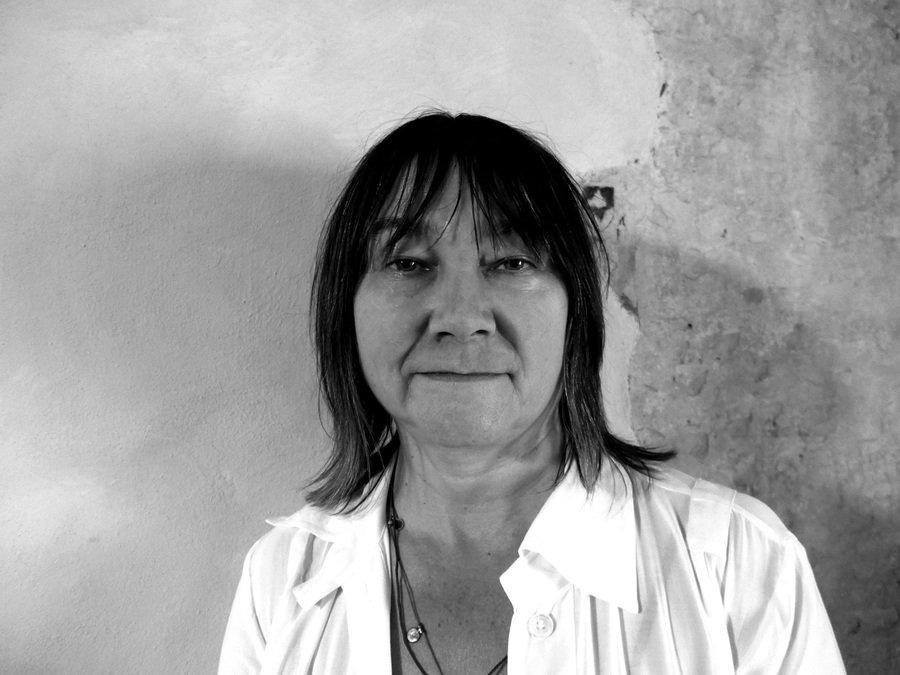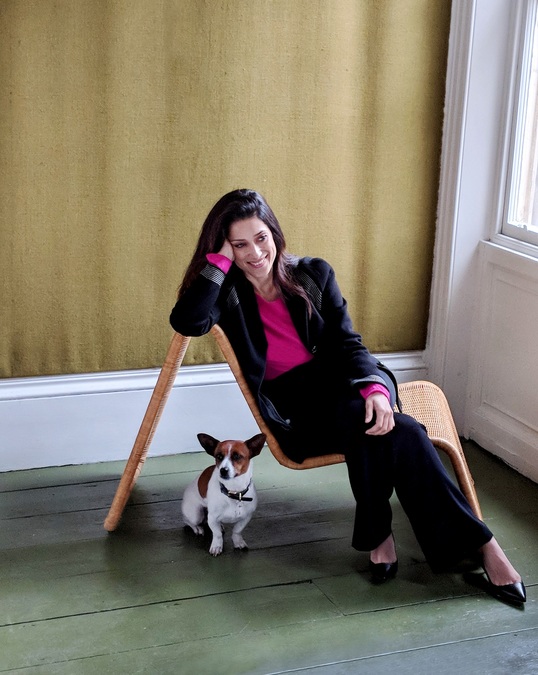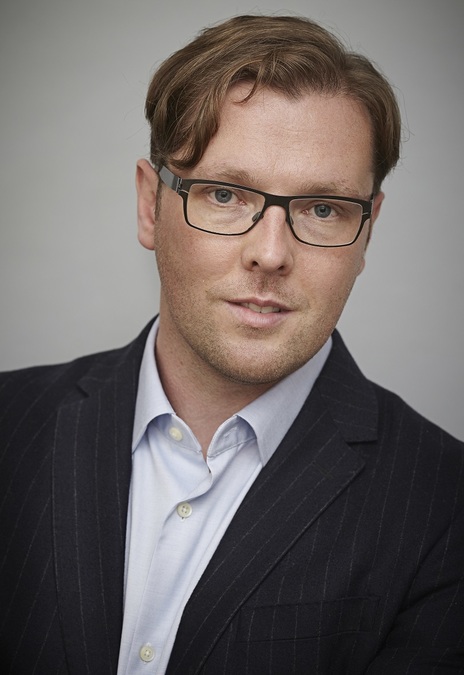Edinburgh Book Festival: The First Weekend
The Edinburgh International Book Festival has arrived again and we headed down on the first weekend to see some of the best and most brilliant writing from across the UK and beyond
Kit de Waal with Damian Barr – Class Act
Damian Barr opens the event by saying, "Not only are you allowed to be common at this session, you are actively encouraged." This is a breath of fresh air. Focusing on Common People, the anthology edited by Kit de Waal, the hour is warm, funny and a powerfully important event to kick off the first day of the EIBF.
De Waal spoke about her journey into publishing; working-class lives she knew were simply missing from the books she read – they were "filtered through middle class people." Common People aims to tell the stories of the working class in their own words. There are reoccurring themes in the collection: school uniform appears more than once and, of course, housing and food. They discuss the stigma attached to the working class but also the attributes – compassion, resilience. There is much to be proud of.
De Waal recognises that "true equality is when working-class writers can write whatever they want", and the "it’s grim up north" narrative is simply not true to everyone. There are some ways to go in this movement but thank goodness authors such as de Waal and Barr are leading the way. [Rebecca Smith]
Casey Gerald with DeRay Mckesson – Miracles Can Happen
As part of guest selector DeRay Mckesson's strand, he welcomes Casey Gerald to discuss his book There Will Be No Miracles Here. While technically an author and chair in discussion, it ends up instead a whirlwind hour of laughs and poignancy between friends.
The book is told from the point of view of those who say 'fuck it, this isn’t working anymore'. With protest all around today, it feels a pertinent moment. Gerald set out to trace the cracks being experienced in words, whether it was his own personal burnout, the tragic loss of someone who felt like a brother to suicide, or the state of America in 2016. He was, by his own accounts, a “cause person”, where the cause was the centre at all costs and if friends couldn’t get with the programme, they would be a casualty. “What I learned is your friend is your cause,” he says, reflecting on how things have changed.
Storms rage overhead throughout and the power cuts; the rain outside isn’t enough to put a dampener on the event, continuing by phone torchlight. An hour of warmth, change, loss, family and friendship, it’s insightful, warm and brilliant. [Heather McDaid]
Russ Litten & Chris McQueer – In The Margins
Sometimes at events, authors can be paired almost tenuously; other times, two authors who have never crossed paths spark off one another immediately. In the case of Chris McQueer and Russ Litten, it’s the latter.
Talking about their short story collections – McQueer’s Hings and HWFG, and Litten’s We Know What We Are Here – there’s a love of the city they hail from. Whether the streets of Glasgow being pushed to their most surreal potential, or navigating Hull in its City of Culture year, the two bounce off one another as they share their experiences of writing, drawing inspiration from the people around them (and occasionally getting clocked for it), and the potential of the written word to explore without restraint of budget or imagination.
It’s hard to be funny on the page, but both manage to do so and bring that to the stage. An evening of laughs from two purveyors of brilliant short stories.
Fatima Bhutto and Regina Porter – Powerful Portraits of Humanity
Another from Mckesson’s Power to the People strand, Fatima Bhutto and Regina Porter join Hannah Lavery to explore the power of fiction to expand the way we look at the world. “Some ideas are too dangerous to do except in novel form,” notes Bhutto. It’s a trojan horse of sorts, too late for the reader to back out by the time it’s in their hands.
“There’s something so intimate about a novel,” agrees Porter. You can take it away to your room, have a drink, sit and wrestle with your thoughts. “There’s more permission to have access to your humanity through other characters.”
Bhutto and Porter’s own novels - The Runaways and The Travelers respectively - offer sweeping portrayals of life and society in Pakistan and the USA. An exploration of resistance, power, violence and privilege, and acknowledging that writers and poets are at times the most revolutionary voices in the thick of it, it’s a fascinating hour diving into two distinctly different books with much in common threaded between. Privilege is the sense that you are the centre; here are two wonderful novelists decentralising whose story gets told and how. [HM]
Ali Smith – The Joy of Spring
Ali Smith is recognised as one of the country’s greatest living writers, and she returns to the Book Festival with the latest of her seasonal novels – Spring. Each paints a portrait of British people wrestling with division and inequality, published swiftly after completion, resulting in a real time capsule of the present.
“With books written in the very contemporary, I need to wait and see where we are,” she says. She’s yet to start Summer, but finds the idea of writing the seasons when removed from them (as she will begin in winter) allows her to remember the distilled bits of a season best.
Ali’s events tend to veer into a love letter to other writers and creators. Keats, Muriel Spark, Angela Carter and Liz Lochhead all are praised in their ability to explore and change the story; the late Toni Morrison is rightly hailed, as Smith also makes way for a list of upcoming, exciting new talents.
It’s an hour of warmth and charm, hilarity and insight into the world around us. With one last book in the quartet left to go, you can only wonder what Ali will capture in the final instalment, though it's fair to say when she returns, it will always prove a joy. [HM]
DeRay Mckesson – The Inspirational Activist
9 August marks five years since the death of the unarmed black teen Michael Brown at the hands of police in Ferguson. Guest selector DeRay Mckesson has risen to prominence through his activism, dropping his life as a teacher to take to the streets in protest at this moment.
“People confuse a change in conversation with a change in outcomes,” he says, reflecting on the past five years. The conversation has shifted, but the outcomes? Police kill more people since the protest than before. It’s about understanding the language and distinction, knowing where changes actually occur.
"I didn't make this about race," he continues. "Race made this about me." The goal of protest isn’t more protest, but structural wins, and being an ally is standing far away saying ‘hope you get there!’ vs being an accomplice alongside those fighting for change, willing to risk something. Protest is now seen as 'cool', but ultimately he sees being 'woke' as an acknowledgement that the world can be better. "You're not born woke," he says. "Everybody has an awakening." It's in this awakening to action that everyone moves forward.
It’s difficult to distill an hour with someone so impactful into so few words, but as Mckesson navigates the world of activism, race as a power structure, and the significance of language and hope. An inspirational and powerful event. [HM]
You can read more from DeRay Mckesson on his book On The Other Side of Freedom and his activism here.
The 2019 Edinburgh International Book Festival continues until 26 Aug


